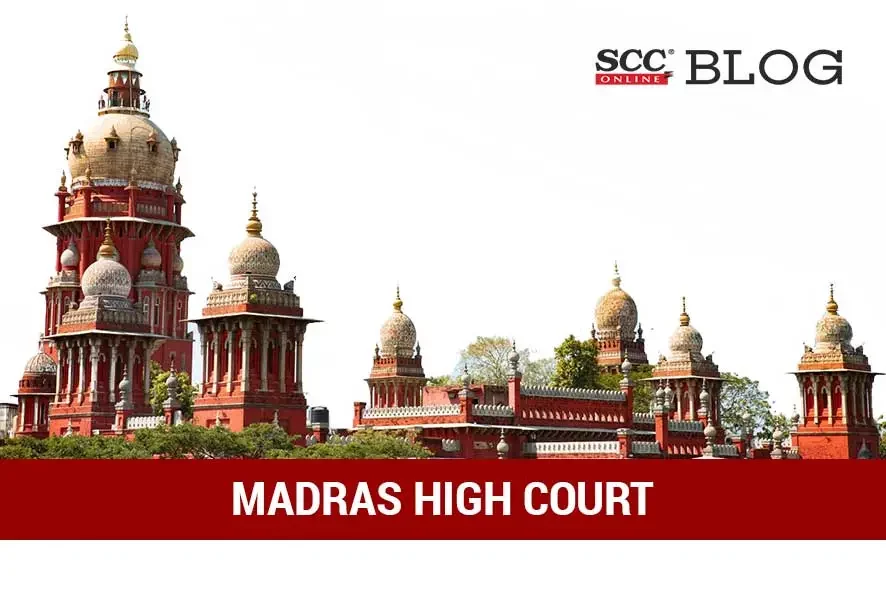Madras High Court: In a petition filed under Section 482 of the Criminal Procedure Code, 1973 seeking to call for the records of First Information Report (‘FIR’) and to quash the same, Sunder Mohan, J. held that approaching the police without resorting to the special procedure under the Insolvency and Bankruptcy Code to arm twist the Resolution Professional (petitioner 1), is inappropriate.
In the case at hand, the accused was appointed as Resolution Professional for a corporate debtor. The other petitioners are associates of Resolution Professional. Allegedly, petitioners demanded commission money from the defacto complainant (CEO of Tamil Nadu Coke and Power Pvt. Ltd) for placing orders with him. It is further alleged that the defacto complainant had paid commission money through various companies who had sent fake and false invoices. The allegations primarily are relating to the conduct of the Resolution Professional in discharge of his function in managing the affairs of the corporate debtor.
The Court said that Chapter VI of the Insolvency and Bankruptcy Code, 2016, (Code) deals with the powers conferred on the Insolvency and Bankruptcy Board of India (‘IBBI’) to investigate the complaints against the Insolvency Resolution Professional. This Chapter must be construed as providing a fair mechanism to deal with complaints against Resolution Professionals. The Board would be competent to understand the nature of the allegations and act accordingly. Thus, as the nature of the allegations in the impugned FIR clearly shows that the alleged demand of commission by the Resolution Professional was in the discharge of his function as a Resolution Professional, the veracity of the allegation of the kind of misappropriation complained by the defacto complainant ought to have been first ascertained by the specialised agencies, such as IBBI or by an investigating authority appointed by IBBI.
It was further noted that the registered FIR was brought to the notice of the National Company Law Tribunal (‘NCLT’) by the Resolution Professional. The NCLT observed that the defacto complainant ought not to have approached the police in relation to the functioning of the Resolution Professional in the Corporate Insolvency Resolution process. No complaint was made by the defacto complainant either before the IBBI or before the NCLT against the Resolution Professional in respect of his conduct as a Resolution Professional for the Corporate debtor. Thus, as no complaint was made to the authorities, it also confirms that the impugned FIR has been filed only to harass the petitioners and to prevent any action against the defacto complainant for recovery of money due by them to the corporate debtor.
Further, the Court said that as no complaint was lodged immediately after the alleged payments and it was lodged after the defacto complainant received the notice from the Resolution Professional, confirms that the FIR is not a genuine complaint.
The Court said that there was no reason why the complaint was not filed either before IBBI or NCLT for the alleged fraud. There was no reason why there was a delay of nine months in registering the FIR after the alleged payments. Thus, the Court viewed that the impugned FIR against the petitioner is clearly an abuse of process of law and hence, quashed.
[Deepak Upadhyaya v State, 2023 SCC OnLine Mad 2567, decided on 19-04-2023]
Advocates who appeared in this case :
For Petitioners: Senior Counsel V. Gopinath;
For Respondent: Government Advocate. S. Balaji.






